Forgiveness; Not What I Had Planned
It should have been a simple event.
There should have been no stress, just relaxed fun with a group I enjoy spending time with.
On deck was a small (35-40 person) supper staffed by a seasoned group of volunteers. Planning meetings were perfunctory; supply lists were drawn up, assignments were selected, and with one week out, everything was on track.
I arrive on schedule on the event day, expecting the kitchen to be in full swing with meal prep. Instead, I realized that my right-hand person (the one writing up the lists of assignments during our planning session) had utterly dropped the ball.
We had no ingredients, and the small group panicked, sensing a lack of on-the-ground leadership.
In short, I walked into a mess.
My inner saboteurs were flying off the handle.
My Judge was drafting pages of incriminating documentation on the many failures my team had inflicted on the situation.
My Controller saboteur roared, with its “better than though” energy, poised to swoop in, take over and “show these idiots how things are done.”
My Hyper-Achiever saboteur spiraled into panic mode, quickly convincing himself and anyone who would listen how vital it is to direct a successful event and how derelict it was to accept anything short of perfection.
The Pleaser saboteur froze momentarily, trying to figure out the right words to say so no one’s tail feathers got ruffled.
And just for good measure, my Victim saboteur raised the flags of “why do these things always happen to me,” and “what else will go wrong tonight.”
The symphony of saboteur energy swirled in my head as I listened to my team begin to hedge, demure, and point fingers. This wasn’t good.
Before my saboteurs spoke, I heard a question come from my lips which sparked a rapid, creative conversation with my team. People stepped up, grabbed coats and keys, and before long, a plan was in action, and I was left to deal with the storm raging in my head.
And such a storm. Anger, disappointment, confusion, and resentment roiled inside me, waiting for an opening to spew their poisons. And who could blame me?
My always dependable, right-hand volunteer dropped the ball—no two ways about it. And I was entirely in the right to blast them with the short end of the very negative energy boiling in me.
Let me tell you about an empathy exercise I’ve been doing lately. I’ll try and explain what happened next as best I can. When ready to pounce on myself or some other person for falling short, the challenge is to imagine the other person or myself as a 5-year-old child (I loaded my kindergarten school picture to my phone to help with this) perfectly innocent and filled with all the amazing goodness of which they are still capable.
You guessed it. As soon as destructive (no matter how warranted they felt) words took form in my mind, my imagination took over, and I saw this perfectly flawed human standing in front of me as a 5-year-old kid.
I would never scold a child for a mistake. I would never say anything to them about the growing accusations in my head. My Sage feeling of empathy would not allow those words.
I said nothing; I got out of the way as my team made a success of the evening.
Yes, we have lessons to learn from this event, and yes, as a leader, I will make time for those lessons. But that night was not the time, and that kitchen was not the place.
Instead, I found space to forgive a mistake, see the goodness in another human, and nurture that goodness in a way that honors the best in us both.
However, I did slip out of that event early. I knew the team had things under control, and I needed to find a quiet space to forgive myself for the horrible stuff forming in my head as my saboteurs vied for power.
Then I needed to sincerely forgive my friend, who dropped the ball for reasons I may never fully understand.
But it did get me thinking about forgiveness.
In today’s fast-paced and stressful world, forgiveness is essential for navigating our relationships and maintaining mental and emotional well-being. With increasing polarization and divisions, we need forgiveness more than ever to heal wounds, resolve conflicts, and create a more peaceful world.
Forgiveness is not just a passive act of letting go of anger and resentment toward others. It is an active process of transforming pain and suffering into compassion and empathy. It involves taking responsibility for our own feelings and actions and recognizing that everyone is doing their best with what they have.
One of the significant challenges of forgiveness is overcoming the ego’s need to be correct and to blame others for problems. Holding onto grievances and judgments creates a toxic energy that permeates relationships and our environment. We get stuck in a cycle of anger, resentment, and victimhood, leading to more pain and suffering.
When we choose forgiveness, we open ourselves to a new way of seeing the world. We shift focus from blame and criticism to understanding and compassion. We recognize that we are all interconnected and that our actions have ripple effects beyond our immediate experience.
In his book “Radical Forgiveness,” Colin Tipping (add it to your reading list…it’s a good one) proposes a revolutionary approach to forgiveness that goes beyond the traditional notions of letting go of resentment and Moving on. He suggests that forgiveness is a spiritual practice that can help us find meaning and purpose in our experiences and to connect with a higher power.
According to Tipping, forgiveness involves five stages: telling the story, feeling the feelings, collapsing and surrendering, reframing, and integrating the new account. Each step helps us to release our negative emotions and to see our experiences from a new perspective. By reframing our stories, we transform our pain into wisdom and compassion and create a more positive future for ourselves and others.
In our current social and political climate, forgiveness is a powerful tool for healing the wounds of the past and creating a more harmonious future. Whether forgiving someone who has wronged us personally or forgiving groups of people for their collective actions, forgiveness helps us move beyond blame and anger and create a more empathetic and compassionate world.
My little story may not align perfectly with Mr. Collin’s ideas about forgiveness. Still, I give myself decent marks for catching my saboteurs when I did and for opening up to a more compassionate way of being.
Here’s to lessons, imperfections, and being a little better every day.
Peace.
The post Forgiveness; Not What I Had Planned first appeared on James Swan Coaching.

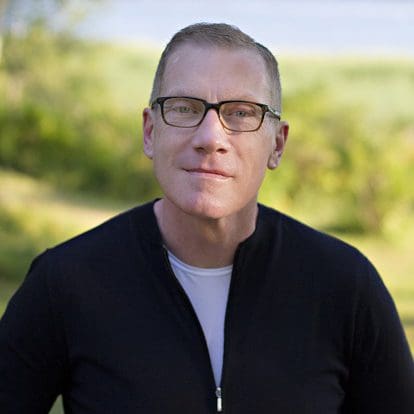












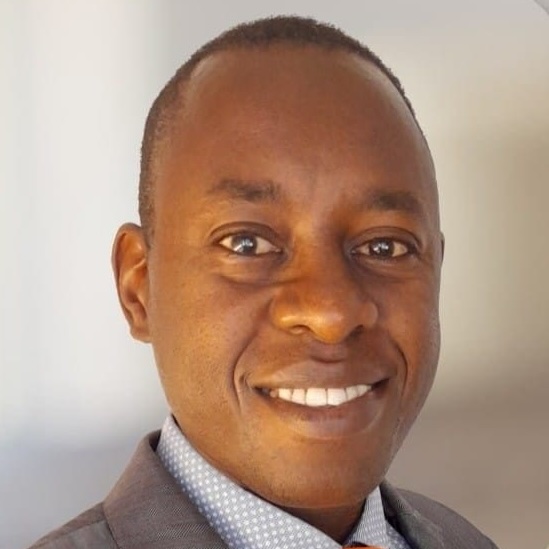
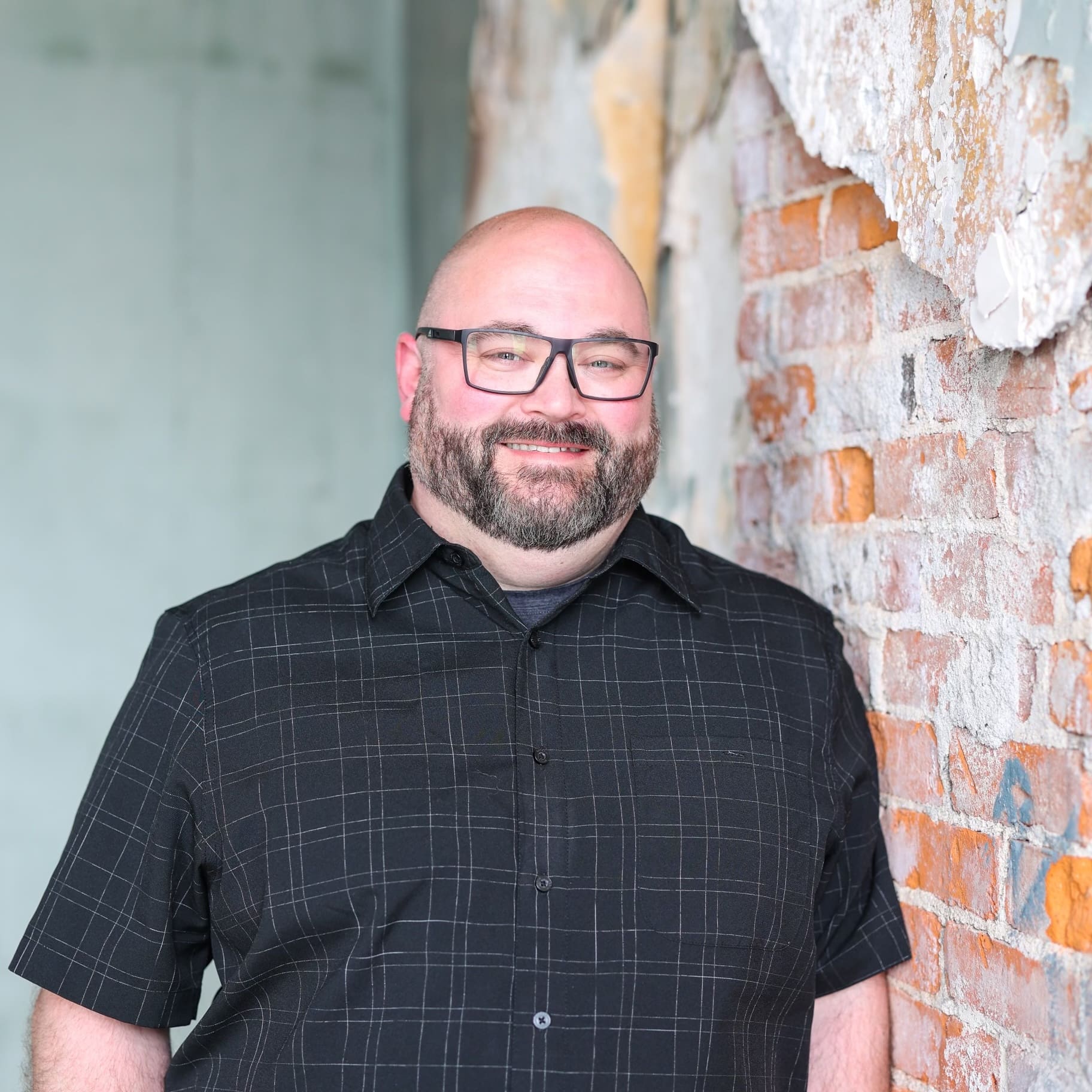




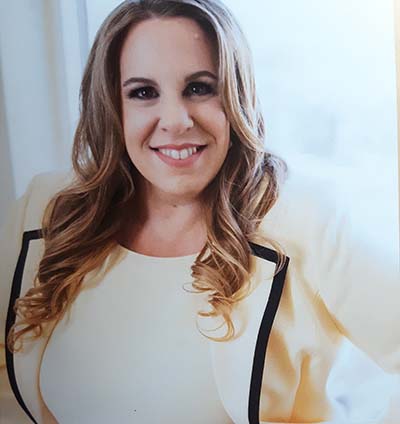
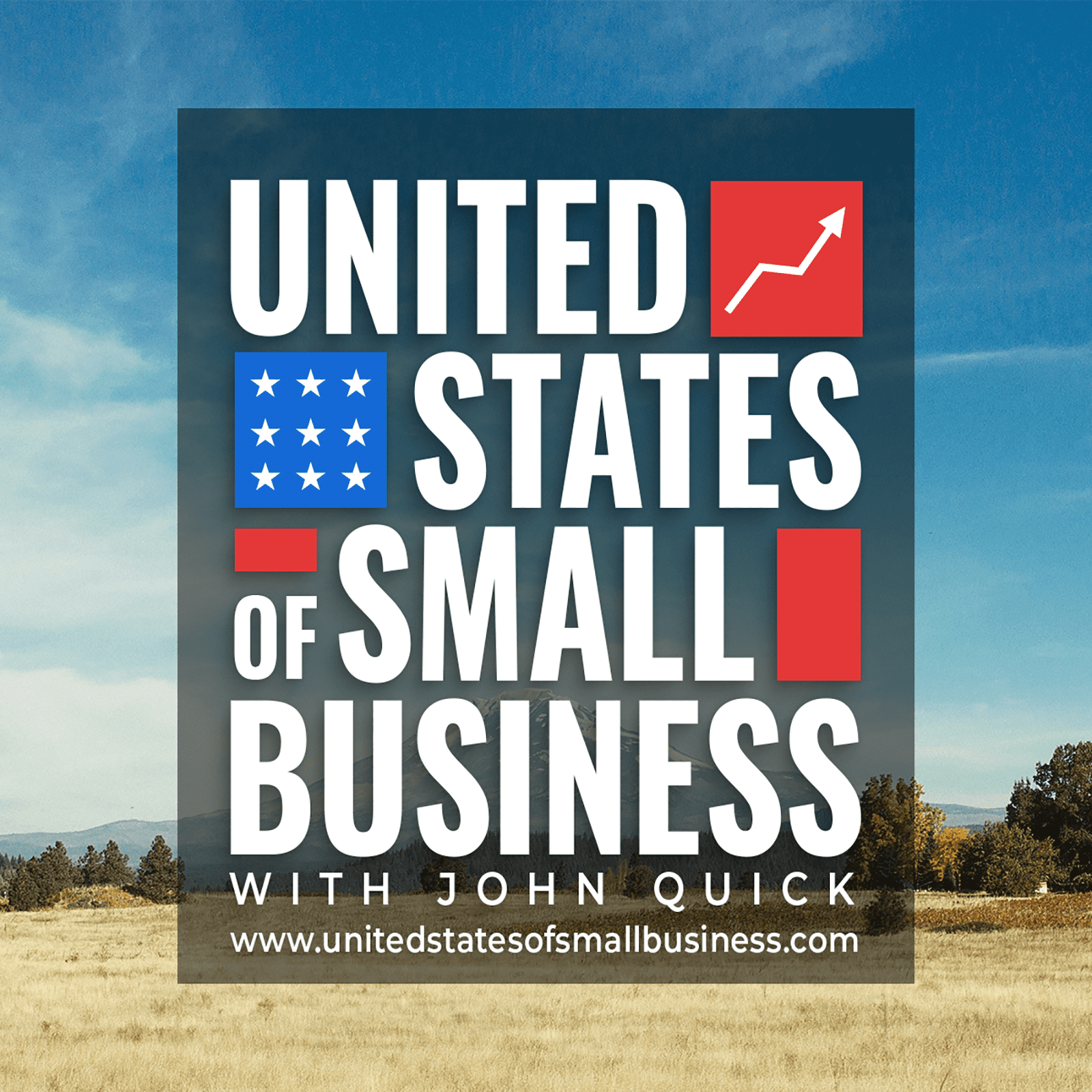


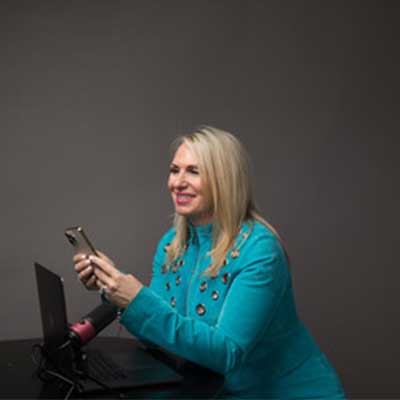
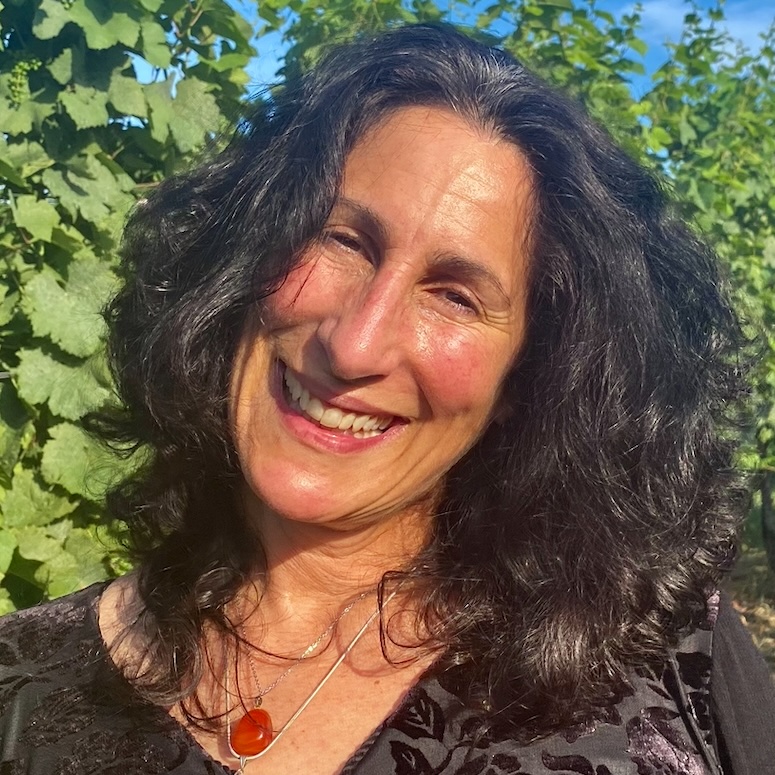


Already a Member? Login Here.
Not Yet a Member? Join the Conversation Today!